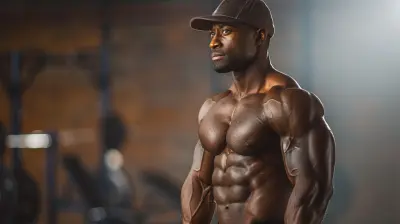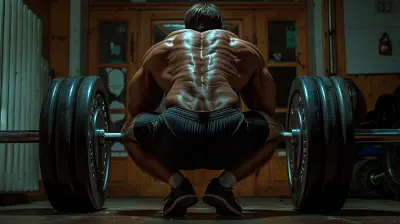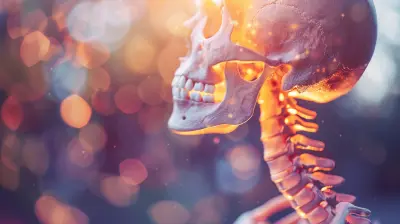Incorporating Hydration Into Your Weight Loss Journey
5 August 2025
Let’s be honest for a second. We all know that when it comes to losing weight, it’s easy to focus on the big things: eating cleaner, hitting the gym, counting calories, and maybe even cutting carbs. But there’s one often-overlooked piece of the puzzle that could be a total game-changer: water. Yep, plain old H2O.
It might not be flashy or trendy, but staying hydrated can seriously impact your weight loss journey in ways you might not even realize. Let’s dive into how something so simple can bring powerful results.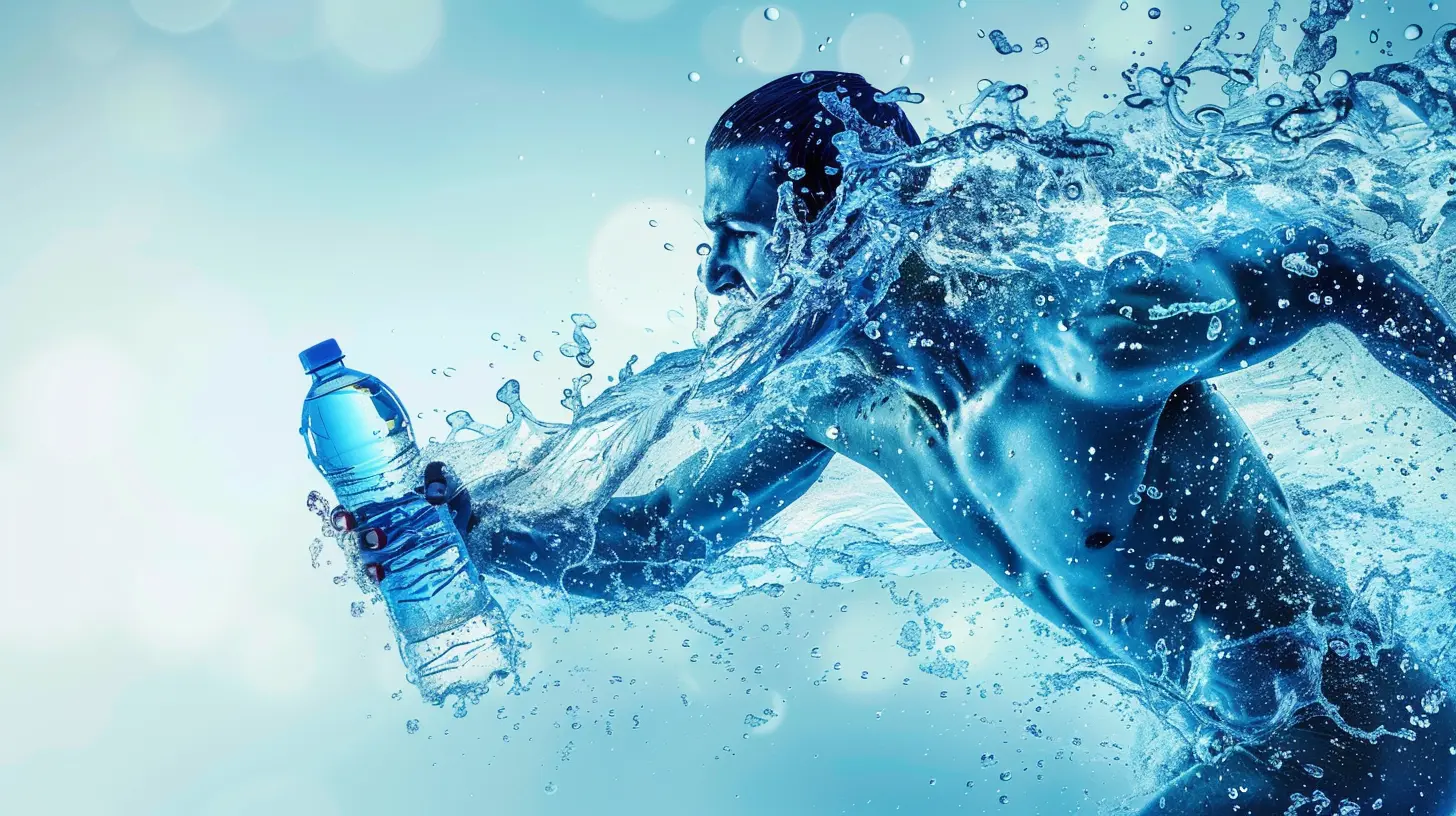
Why Hydration Matters More Than You Think
Water is more than just a thirst-quencher — it’s a silent workhorse in our bodies. It regulates temperature, moves nutrients around, flushes out toxins, keeps your joints in shape, and even supports brain function. But here’s the kicker: when you're trying to lose weight, water helps with fat metabolism, appetite control, and energy levels. Not bad for something that comes out of your faucet, right?Dehydration Can Slow Down Your Progress
When you're dehydrated, even just slightly, your metabolism can take a hit. Studies have shown that not drinking enough water can reduce lipolysis — that's a fancy word for the body’s process of burning fat for energy. So if you're putting in work at the gym but skipping out on hydration, you might be unintentionally hitting the brakes on your goals.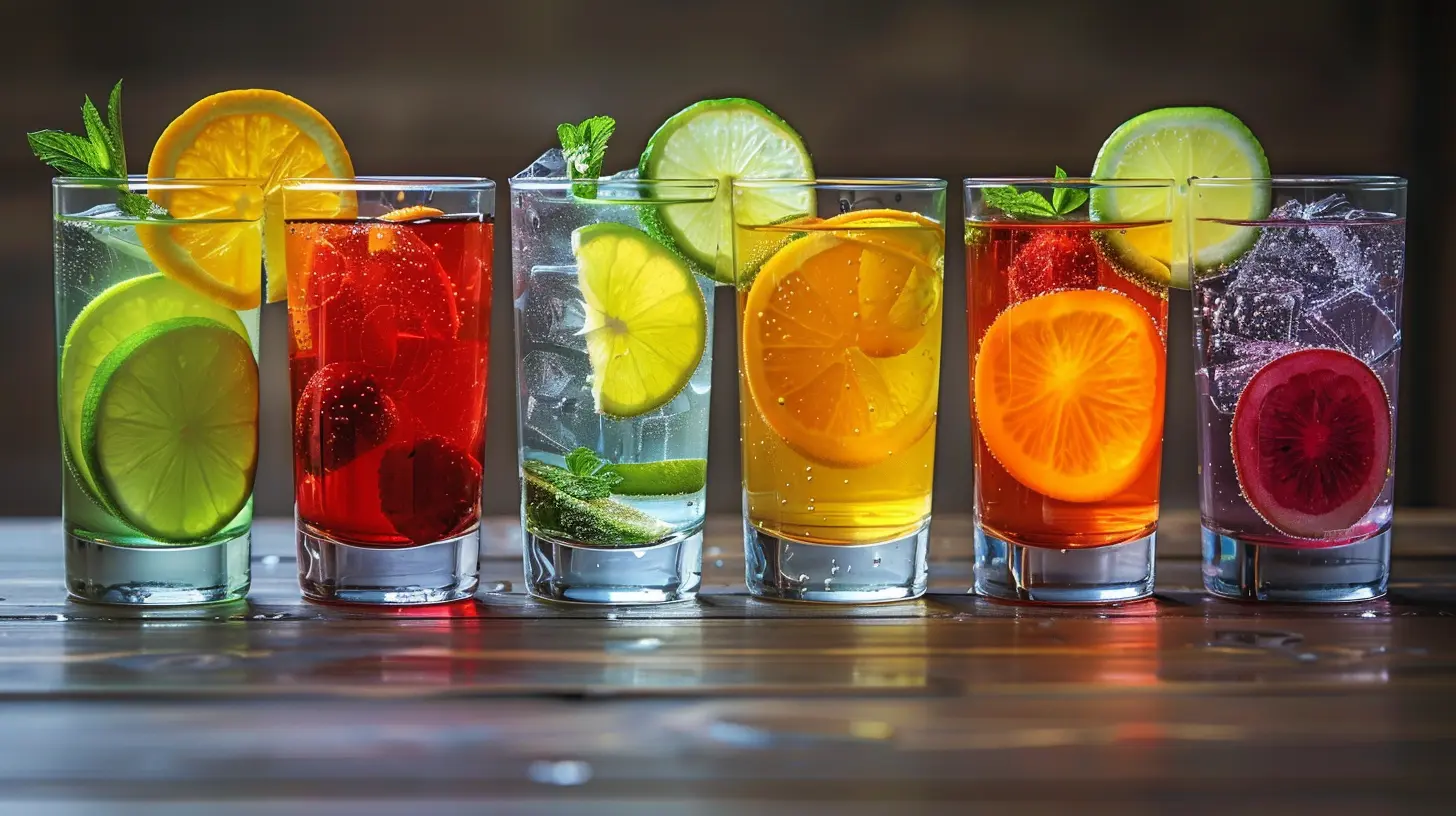
Water As A Natural Appetite Suppressant
Ever felt hungry — then realized you were actually just thirsty? That’s because the signals our brain sends for thirst and hunger are surprisingly similar. Sometimes we reach for snacks when a glass of water would’ve done the trick.Drink Before You Eat
Here’s a simple trick: drink a glass of water 20–30 minutes before meals. It takes the edge off your hunger and makes you feel fuller, helping you naturally eat less.Think about it — no need to count calories or get fancy. Just drink water before eating. It’s like having a built-in portion control method.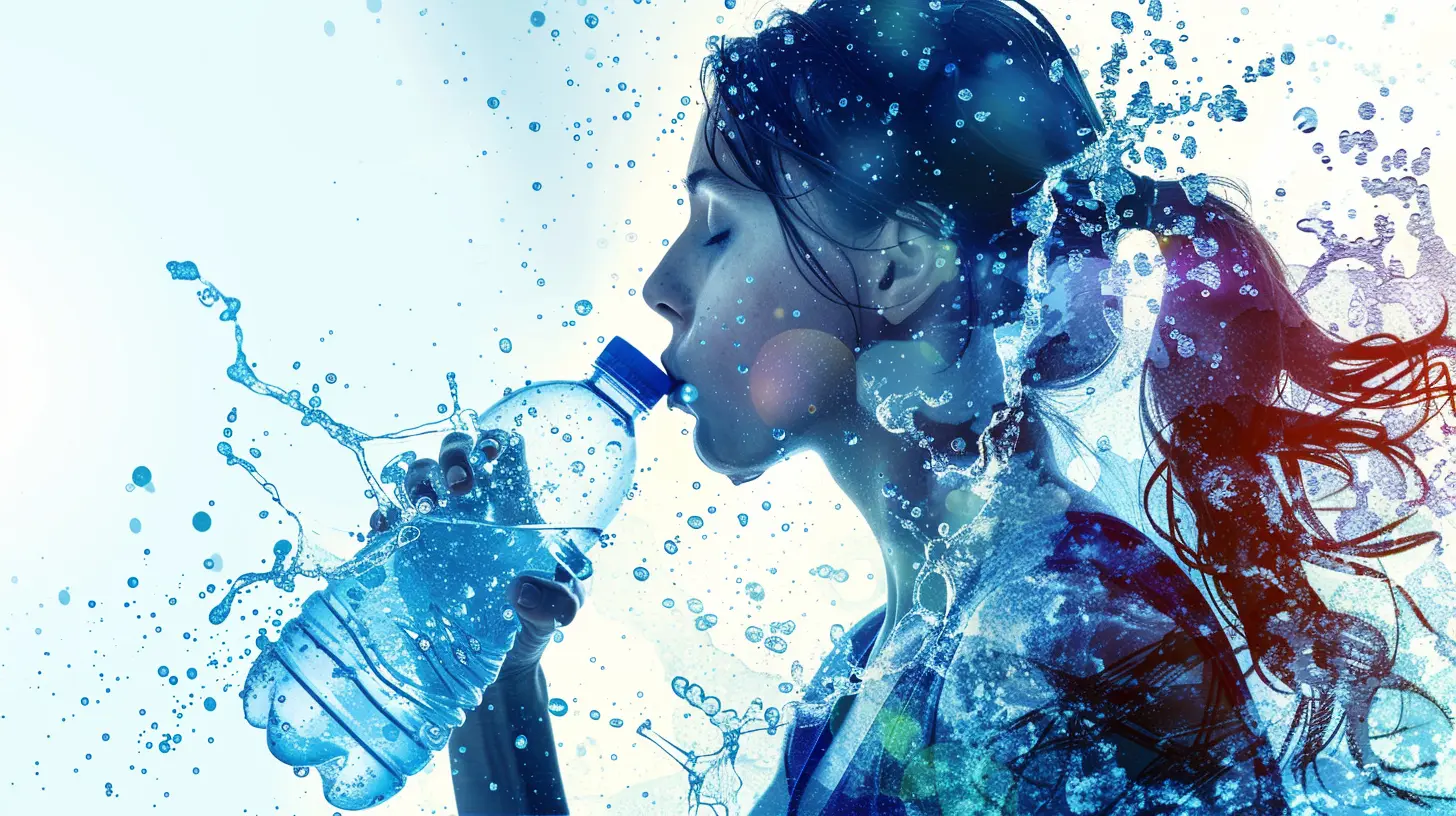
Boosting Metabolism With Hydration
Guess what? Drinking water can actually give your metabolism a quick boost. In fact, drinking cold water temporarily increases your resting energy expenditure — aka the number of calories you burn doing absolutely nothing. How? Your body burns extra calories to warm the water to your body temperature.It’s not a magic bullet, but every little bit helps, especially when you’re trying to drop those extra pounds.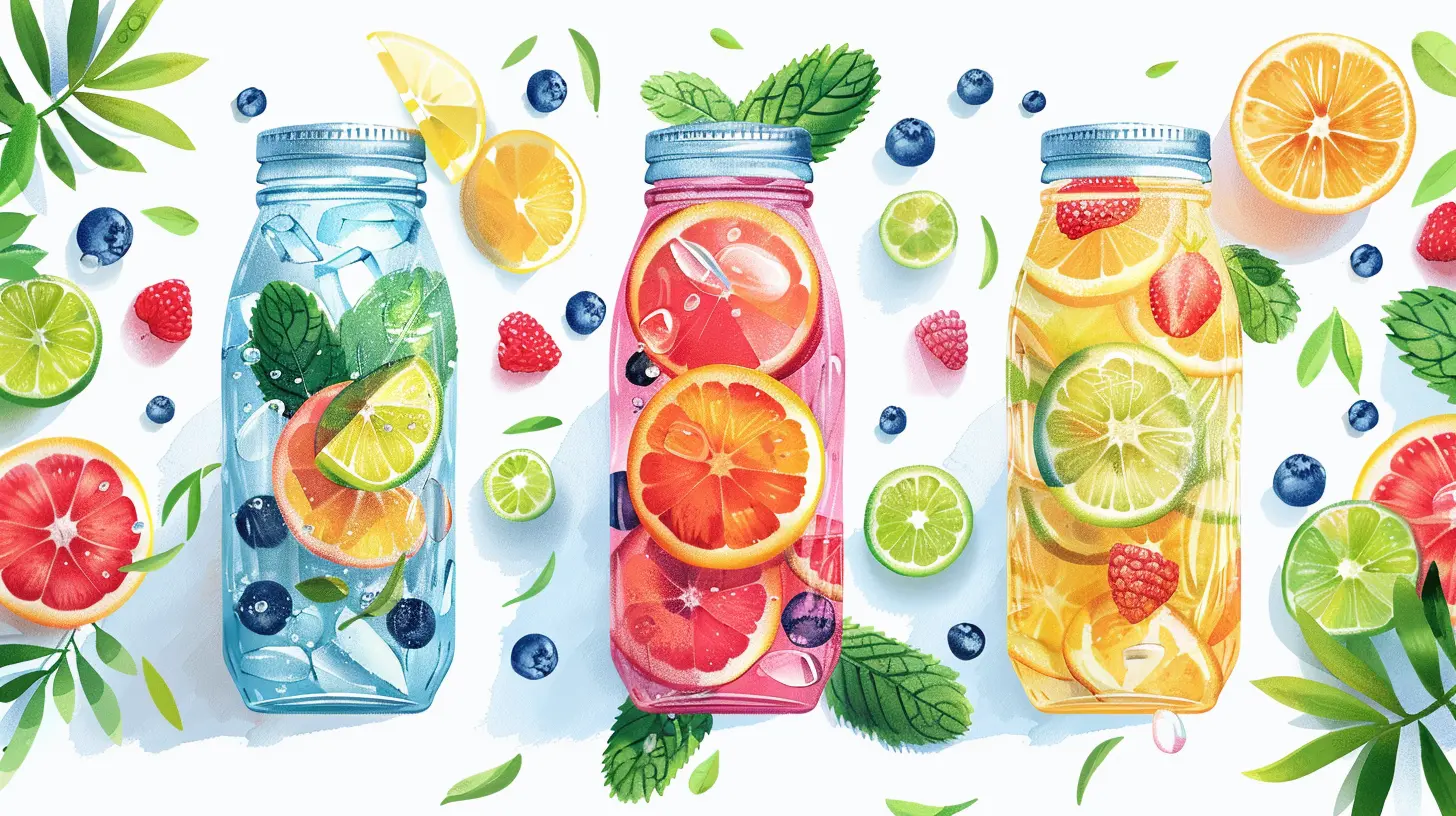
Water vs. Sugary Drinks: A Clear Winner
Let’s be real — soda, juice, and sugary coffee drinks are loaded with empty calories. That iced caramel macchiato might taste heavenly, but it can easily rack up 300–500 calories without making you feel full.Swap those calorie-laden drinks for water, and you’re saving big on your daily count. Over time, that adds up. Think of it as “ghost calories” — they sneak in, unnoticed, but sabotage your progress.
What About Flavored Water?
If plain water bores you to tears, try infusing it with slices of fruits like lemon, cucumber, berries, or even herbs like mint or basil. You'll get a hint of flavor without the sugar or calories.Hydration And Exercise Performance
Ever tried working out while dehydrated? It’s like running a race in flip-flops. You feel sluggish, your endurance drops, and everything feels twice as hard.Water helps regulate your body temperature, lubricate your joints, and maintain energy levels. So if you want to crush your workout and burn more calories, you’ve got to stay hydrated — before, during, and after you exercise.
How Much Water Should You Drink Around Workouts?
- Before: Drink about 16–20 oz of water 2–3 hours before exercising.- During: Sip 7–10 oz every 10–20 minutes while you work out.
- After: Rehydrate with 16–24 oz for every pound of body weight lost during exercise.
Simple, right? And your body will thank you with better performance and faster recovery.
Hydration Helps With Muscle Recovery
After a tough workout, your body needs to repair and rebuild. Water plays a big role here, flushing out toxins and delivering nutrients to your muscles. Think of it like the delivery truck for your post-workout protein shake — without it, nothing gets to where it needs to go.And bonus: being hydrated reduces your chances of cramps and soreness, which means fewer excuses to skip that next workout.
Signs You’re Not Drinking Enough
Sometimes, it's hard to tell if you're actually dehydrated. So here are a few red flags to watch out for:- Dry mouth or chapped lips
- Headaches or brain fog
- Fatigue for no good reason
- Dark yellow urine
- Constipation
- Dizziness or lightheadedness
If you’re nodding at more than a couple of those, your body could be screaming for more fluids.
How Much Water Do You Really Need?
You’ve probably heard the old “8 glasses a day” rule, but honestly? That’s a very general number. Your ideal water intake depends on a bunch of factors like your weight, activity level, climate, and food intake.A Better Rule of Thumb:
Drink half your body weight in ounces. So if you weigh 160 pounds, aim for 80 oz of water per day. Add more if you're working out, sweating a lot, or spending time in the sun.Tips To Stay Hydrated Without Thinking About It
Let’s face it — life gets busy. Remembering to drink water can feel like one more thing to add to your to-do list. So here are a few small hacks that make a big difference:1. Carry A Reusable Water Bottle
It’s like having a hydration buddy everywhere you go. Make it a habit to take sips throughout the day.2. Use a Water-Tracking App
There are tons of free apps out there that ping you with reminders. It’s like having a personal hydration coach in your pocket.3. Link Water With Other Habits
Drink a glass every morning right after brushing your teeth. Or with every meal. Or every time you check Instagram.4. Eat Your Water
Yep, you can eat your way to hydration. Water-rich fruits and veggies like watermelon, cucumber, celery, and strawberries are solid hydration sidekicks.5. Set Mini Goals
Break your water goal into chunks — like 1/3 before lunch, 1/3 before dinner, and 1/3 before bed. Feels way less overwhelming.Morning Hydration: Start Strong
One of the best things you can do? Drink a big glass of water first thing in the morning. After 7–9 hours of sleep, your body wakes up thirsty. Hydrating early helps jumpstart your metabolism, energizes you, and even helps with digestion.Make it a ritual — maybe even keep a glass or bottle on your nightstand. Cheers to a fresh start!
Don’t Forget Electrolytes
If you're sweating hard during workouts or live in a hot climate, just drinking water might not be enough. You also need electrolytes — you know, those minerals like sodium, potassium, and magnesium that help your body function properly.Quick Options for Replenishing Electrolytes:
- Coconut water (nature’s sports drink)- Electrolyte powders or tablets (check the sugar content)
- Salted nuts and bananas for potassium
- Sports drinks (but watch for added sugars)
Common Myths About Hydration & Weight Loss
Let’s bust a few myths while we’re here:❌ Myth 1: Drinking Water Alone Melts Fat
Nope — water helps your body function optimally, but it won’t magically dissolve belly fat. You still need a calorie deficit and active lifestyle.❌ Myth 2: The More Water, The Better
Too much of anything can be harmful. Overhydration (hello, water intoxication) is rare but real, especially if you’re pounding gallons without replenishing electrolytes.❌ Myth 3: You’re Only Dehydrated If You’re Thirsty
By the time you feel thirsty, you’re already behind. Hydrate consistently throughout the day instead of playing catch up.Final Thoughts: Make Water Your Weight Loss Sidekick
Incorporating hydration into your weight loss journey doesn’t require a fancy app, rigid schedule, or insane discipline. Just a few mindful tweaks can help your body run more efficiently, curb hunger, boost workouts, and speed up results.So next time you’re stuck on a plateau or wondering what else you could do differently — ask yourself, “Have I had enough water today?”
Sometimes, the simplest things make the biggest difference.
all images in this post were generated using AI tools
Category:
HydrationAuthor:

Laura Hudson
Discussion
rate this article
1 comments
Remington McClellan
Hydration transcends mere thirst; it's a vital component of weight loss, influencing metabolism, appetite, and overall well-being. By embracing water as a foundational element of our daily routine, we not only support our physical journey but also nurture our mental resilience and self-discipline.
August 22, 2025 at 3:14 AM

Laura Hudson
Absolutely! Hydration is crucial for effective weight loss and overall health. By prioritizing water intake, we enhance metabolism, control appetite, and boost our mental strength. It's a simple yet powerful tool in our weight loss journey.
